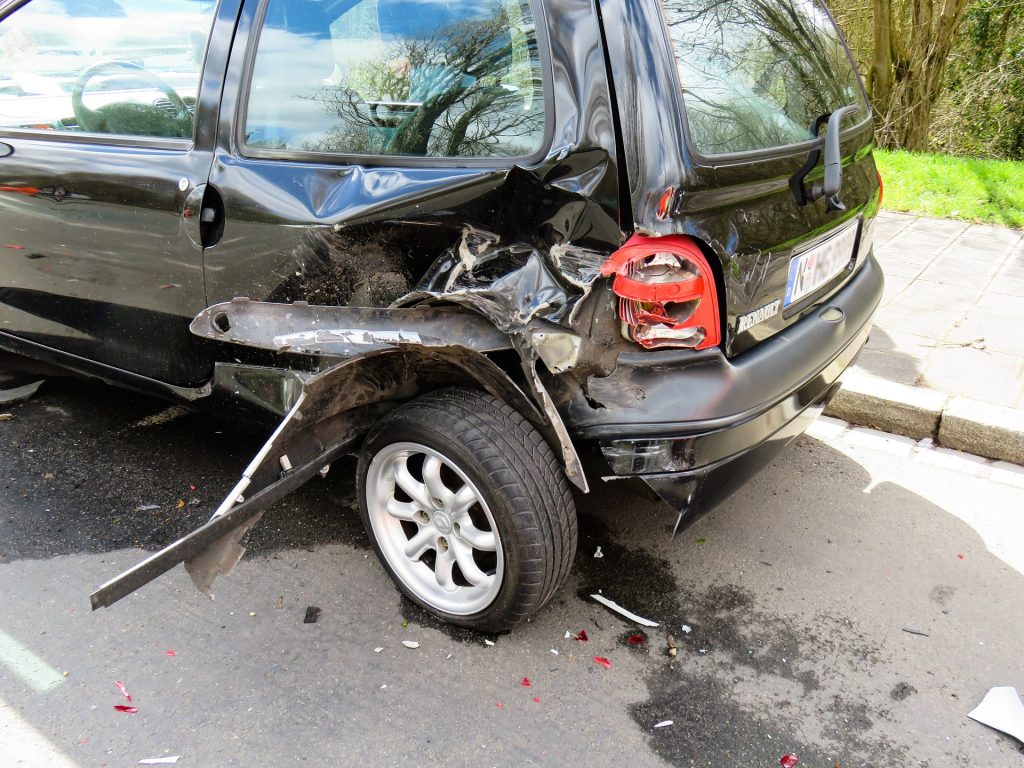- ATV accidents
- Brain Injuries
- Bus Accident
- Car Accidents
- Construction Accident
- Distracted Driving
- Drugged Driving Accident
- DUI
- Firm News
- Mass Tort
- Medical Malpractice
- Motorcycle Accidents
- Pedestrian Accidents
- Personal Injury
- Product Liability
- Safety
- Social Security Disability
- Truck Accidents
- Vehicle Accidents
- Workers Compensation
- Workplace Injuries
Being involved in a vehicle accident is a stressful, traumatic event, especially if you’ve sustained injuries.
Here is a step-by-step checklist of what you need to do if you’re involved in a car accident.
CALL THE POLICE
Call the police (or call 9-1-1 if there are serious injuries). Don’t let the other driver talk you out of calling the police. It is important to have an officer document the accident in a police report. The official police report will serve to protect you in the event that the other driver remembers the accident differently than you do, plus it will help you if a personal injury suit is filed on your behalf going forward.
DON’T ADMIT FAULT
It’s important that you avoid making statements of liability. Even if you believe the accident was caused by you, it’s best to refrain from assuming responsibility in that moment. Avoid apologizing, as that can be construed as an admission of fault. Some people will apologize even when they aren’t at fault, so it’s best to avoid apologizing altogether.
EXCHANGE INSURANCE INFORMATION
While you’re waiting for the police to arrive, exchange insurance information with the other driver. It’s also important to write down driver’s license information, license plate number, make/model of the other car, and any identifying information. It’s not unheard of for the other driver to leave the scene before the police arrive.
TAKE PHOTOS AND VIDEO OF THE SCENE
If you are physically able, take photos of the accident scene, damage to the cars, and any injuries you (and your passengers) sustained. If you are too injured to take photos, ask someone else to do it for you.
GET WITNESS CONTACT INFORMATION
If there are witnesses to the accident, it would be a good idea to write down their contact information, such as name, address, phone number, and email address.
ACCEPT MEDICAL TREATMENT
Accept any medical treatment offered by first responders at the scene of the accident. Not all accident injuries are obvious. You could be suffering from head trauma or internal injuries. Disclose every symptom you have to emergency responders, no matter how mild. If they want you to be transported to the hospital, GO.
If you aren’t transported to a hospital, then visit your primary care physician directly following the accident. If your regular doctor is unavailable, go to the emergency room or an Urgent Treatment Center and tell them you were injured in a car accident.
Many people do not feel pain immediately after a car accident. Often, symptoms such as soreness, stiffness, numbness, swelling, and localized pain show up days later. It’s important to have your injuries documented as soon as possible. You don’t want the insurance company to deny your injury claims by arguing that your injuries weren’t caused by the accident.
NOTIFY YOUR INSURANCE COMPANY
Even if you weren’t at fault, you will still need to notify your insurance company as soon as possible after the accident. Your auto policy may entitle you to benefits such as rental car coverage, auto repair expenses, and medical claim reimbursements. Your insurance company also needs to be informed in case the insurance company of the other driver contacts them.
OBTAIN ALL REPORTS AND RECORDS
You will want to obtain the official police report once it’s ready, in addition to any other medical records related to your accident.
BE MINDFUL WITH THE CLAIMS ADJUSTER
After your accident, you will receive a call from the claims adjuster employed by the other driver’s insurance company. Be mindful that the job of the claims adjuster is to investigate and negotiate claims on his employer’s behalf, which means the adjuster wants to minimize money paid out in claims. Unfortunately, some claims adjusters have been known to use high pressure tactics to manipulate people into agreements that serve the best interests of the insurance company, not you.
Remember that you don’t have to speak with the claims adjuster from the other driver’s insurance company. Anything you say to them may undermine your claims case. Don’t agree to give a recorded statement or agree to have the call recorded.
You don’t have to release medical records that predate the accident or release medical records that are unrelated to the accident injuries. You don’t have to agree to their proposed settlement — especially if your medical treatment is ongoing.
CONTACT AN ATTORNEY
Auto accident claims can be complicated. Have an attorney familiar with personal injury law review your case. Most attorneys will provide a free consultation.
An unrepresented individual may not get a fair settlement offer from the insurance company. Meet with an attorney who will be able to protect your interests and give you an accurate idea of your case value.
You can call my office to get my FREE book: 7 Mistakes Car Wreck Victims Make in Kentucky, and How to Avoid Making Them. If you’ve been in a Kentucky car crash, this book offers a step-by-step look at what you can expect as your case heads to settlement or the courtroom.


